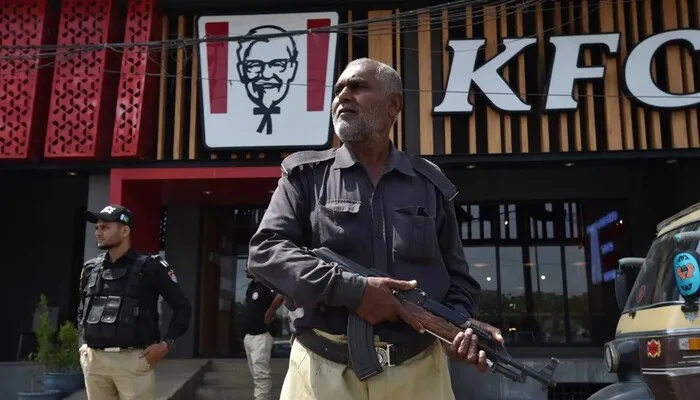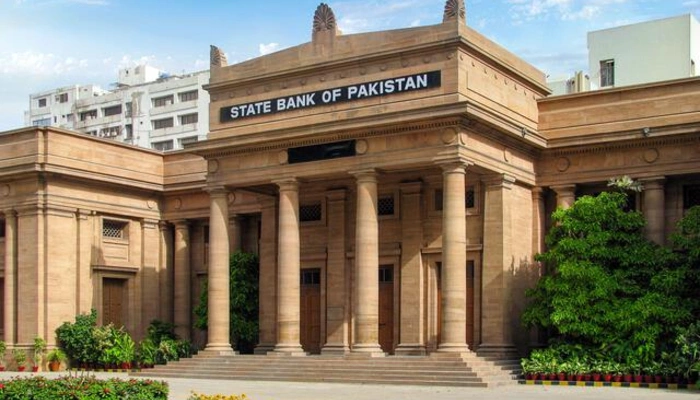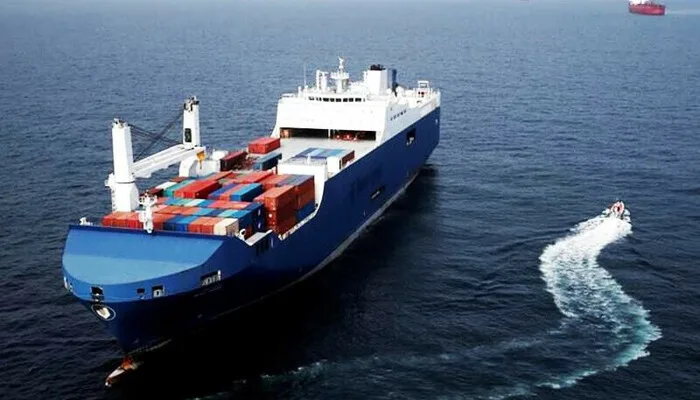
Pakistan’s rice exports crisis has deepened as the nationwide goods transporters’ strike entered its fifth day, bringing rice shipments to a complete standstill. Exporters have reported a loss of over $20 million, with rice consignments stuck at ports and warehouses, unable to be dispatched. The disruption has sent shockwaves across the export sector, raising concerns over cancelled international orders and further economic setbacks.
Strike Halts Export Operations
The strike, which has paralyzed goods movement across the country, has severely affected the delivery of essential export consignments, including rice, vegetables, pulp, and juices. Among all, rice exporters are facing the most immediate financial impact, with daily shipments valued at $4 million unable to leave the country.
According to Rafiq Suleman, former Chairman of the Rice Exporters Association of Pakistan and Convener of the FPCCI’s Standing Committee on Rice, the situation is alarming. He stated that rice exports have completely stopped due to the transport strike, and many exporters have their cargo held up at key export points, including major seaports and storage facilities.
Billions in Losses and Growing Risks
Suleman highlighted the scale of the loss, explaining that each day of the strike is costing exporters around Rs. 1.12 billion. After five days, the rice industry alone has suffered losses exceeding Rs. 6 billion. The fear of cancelled export orders now looms large, particularly from high-demand international markets that rely on consistent delivery timelines.
He emphasized that rice is one of Pakistan’s most critical exports, and any prolonged disruption in supply chains could damage the country’s reputation as a reliable exporter. “We are already facing fierce competition from other rice-exporting countries. This kind of disruption will only give our competitors an advantage,” he warned.
Read: COAS Asim Munir Praises Team Spirit at PATS 2025
Urgent Appeal to Government
In light of the crisis, Suleman and other business leaders have made an urgent appeal to the federal government. They called on Prime Minister Muhammad Shehbaz Sharif and Commerce Minister Jam Kamal Khan to intervene immediately. The business community has urged the government to engage with the striking transporters and address their grievances to bring the nationwide shutdown to an end.
Suleman stressed that while the demands of transporters may be genuine, the ongoing deadlock is costing the economy dearly. “This is not just about one sector—it’s about the livelihood of thousands of workers, the credibility of our exporters, and the trust of our international buyers,” he said.
Industry Stands on the Brink
Exporters are now urging for a swift resolution to prevent long-term damage. With cargo waiting in ports and warehouses, shipping deadlines approaching, and buyers growing anxious, the rice exports crisis could escalate if the strike continues.
Pakistan’s export-driven economy cannot afford such prolonged disruptions. The government’s timely intervention is now crucial to safeguarding one of the country’s most valuable export sectors and restoring normalcy before the losses spiral further out of control.












